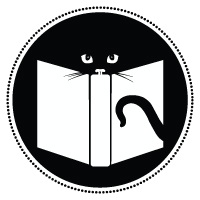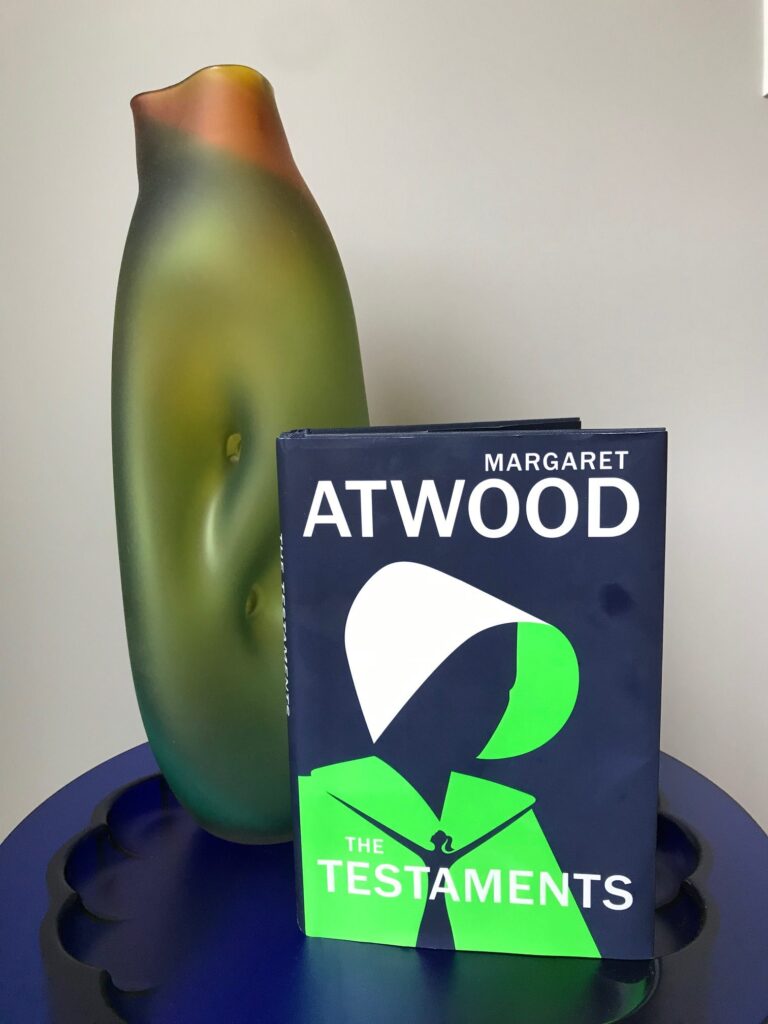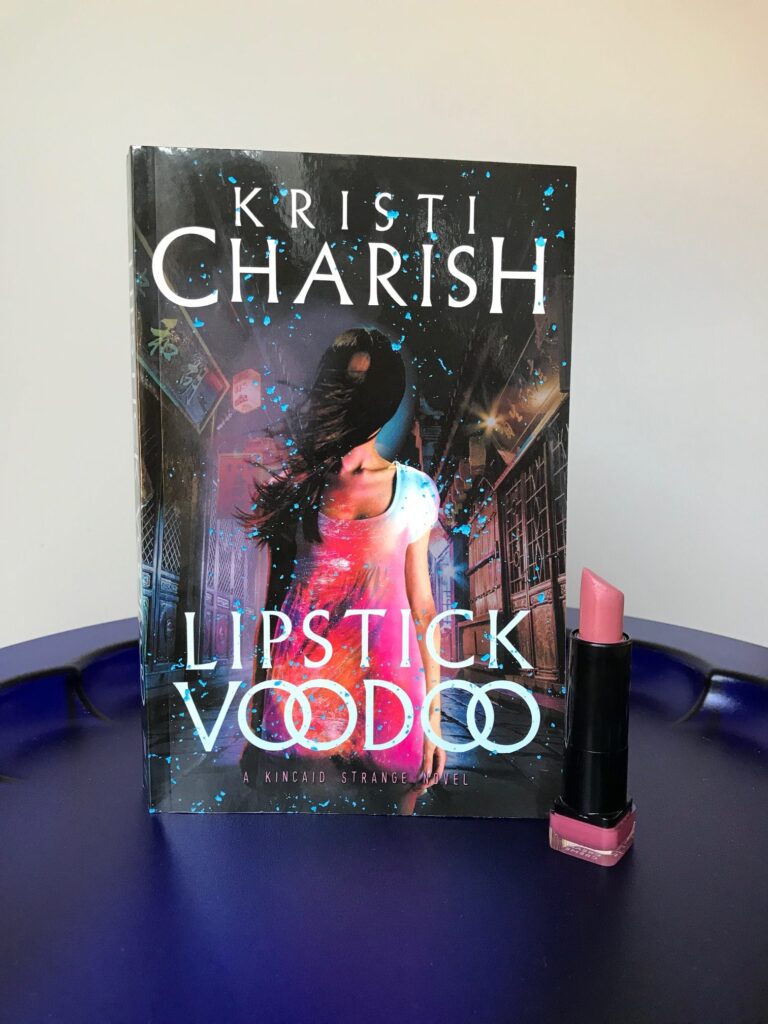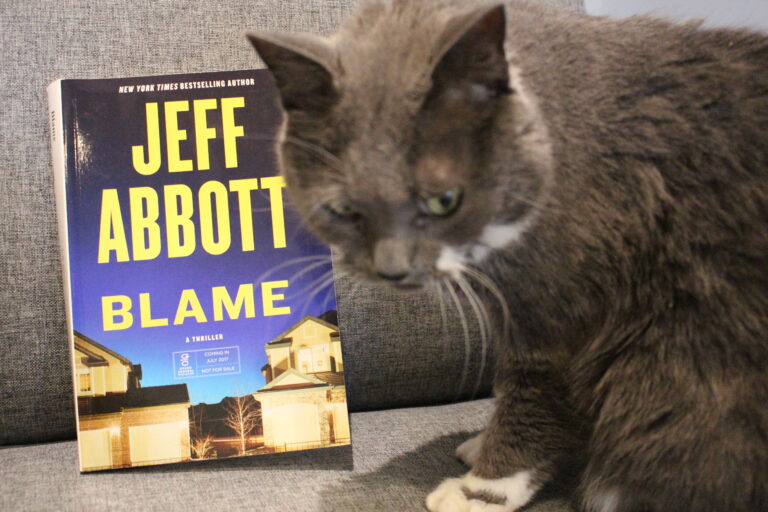Book Review: Joseph Anton by Salman Rushdie
Wowee, this is a big book full of gossip, sex, death plots, celebrity name-dropping and life or death situations. Is this the latest Janet Evanovich hot off the shelves? No, it’s the 600 page memoir of the very literary Salman Rushdie . Not familiar with the name? Don’t feel bad, I wasn’t either until I graduated from university, so take a couple of minutes and read up on him here.

Ok, now that you’ve learned a bit more about him, why bother reading this giant tome of a book? Well I picked it up for the reasons I listed above, also because I saw this book as an intelligent version of US weekly, so I felt I was justified in indulging my curiosity. I will warn you readers that this is a really long book, and to be quite honest, it could have done with a stronger edit (no book needs to be 600 pages, even if its describing a time period of ten plus years). However Rushdie throws in enough salacious details to keep you moving through at a relatively good pace, and the more successful he gets in his career, the juicier the details become.
I don’t want to give the impression that this book is fluffy, it’s far from it. It deals with such a hot button topic (freedom of speech) that Rushdie cannot contain his own soliloquies on the matter, and you get an in-depth look into the workings of his mind by the time you finish the book. I quickly learned he’s not a man to waffle, and some things he writes about I had a bit of trouble with (for instance, he gets upset with a publishing friend for stating that Rushdie never would have written the book if he knew that people would have died for it, he’s so upset by this statement that he decides to never speak to that publishing friend again because he was so upset with him saying this). Should people be willing to die for a work of fiction? Questions such as this are just the tip of the iceberg in Joseph Anton.
If you’re familiar with Salman Rushdie, you’ve no doubt heard that many people think he is a self-important jerk. Although I don’t feel that strongly towards him, it’s hard to feel sympathetic when you read this book. Yes, he was afraid for his life and forced into hiding for ten years, but his description of that time didn’t sound too bad. For instance, he spent most of his time cooped up in his home, with round the clock security, drivers to escort him around, with not a lot of chores to keep him busy. Staying at home all day, forced to write???? Does this not sound like a writer’s dream? I know many people who would kill for that kind of opportunity, maybe not ten years of it, but still. Things could have been a lot worse for the guy, other people were protecting him so he didn’t have to move to Siberia and live in an igloo to escape the death threats. Not to mention when he is allowed out, he’s going to fancy restaurants with famous authors, or heading to a huge literary event to accept an award, so really, things could have been worse.
If I was a male reader, perhaps I wouldn’t bother to mention the next point I’m about to make, but I’m female, so I’d be remiss if I didn’t’ reference it at least once. It’s hard to feel sorry for a guy who was married four different times. Especially because he cheats on a lot of them, and doesn’t seem to have much remorse or self control for that matter. I mean, really? Four wives? Is that even necessary? True, some of them seemed a bit crazy the way he described them, but I think they demonstrated a large amount of self control by not punching him in the face when they had the chance.

Ok I’ve realized that I’ve spent most of this review talking about him as a person, and nothing about the book, so I will state for the record that he is an amazing writer, and despite my irritations with his personality, I really enjoyed reading his memoir. The last few pages of the book seem to sum up his intentions with the publication, and he gracefully summarizes his moral standpoint and observations quite well, which I found I could easily get behind. Even more surprising, his thoughts on fiction are the same as mine, he’s just much more eloquent than myself when describing them. I believe fiction is meant to open us up to new experiences, and challenge readers to see the intentions and motivations behind others, not just those you agree with. I guess that’s what Rushdie’s done with this non-fiction work as well, it’s forced me to see his side of things even though I resent him for being a womanizing so and so. Is this a sign of true genius? Potentially, although I have trouble admitting this in print, especially because Rushdie’s so sure of his literary prowess without any kind of external confirmation ( I don’t want to make his head any bigger than it already is).
I was sad to see the book end, and I wanted to continue being a part of his world, even if I felt uncomfortable within it at times. So yes, I guess this is a sign of a successful book. There-I said it! Now don’t ask me to repeat it.







You are wonderful!
Sent via an iPhone
I could picture you saying everything is this post, in person.
ha! yes I’m getting better at capturing my own voice in posts now :)